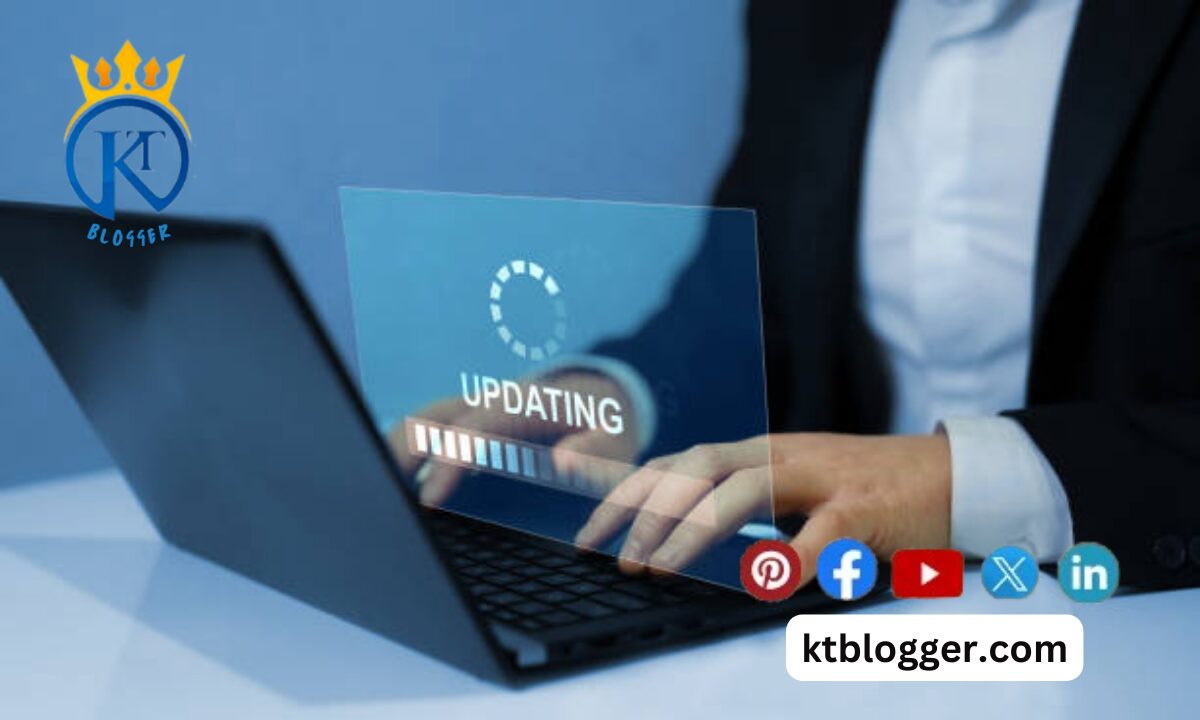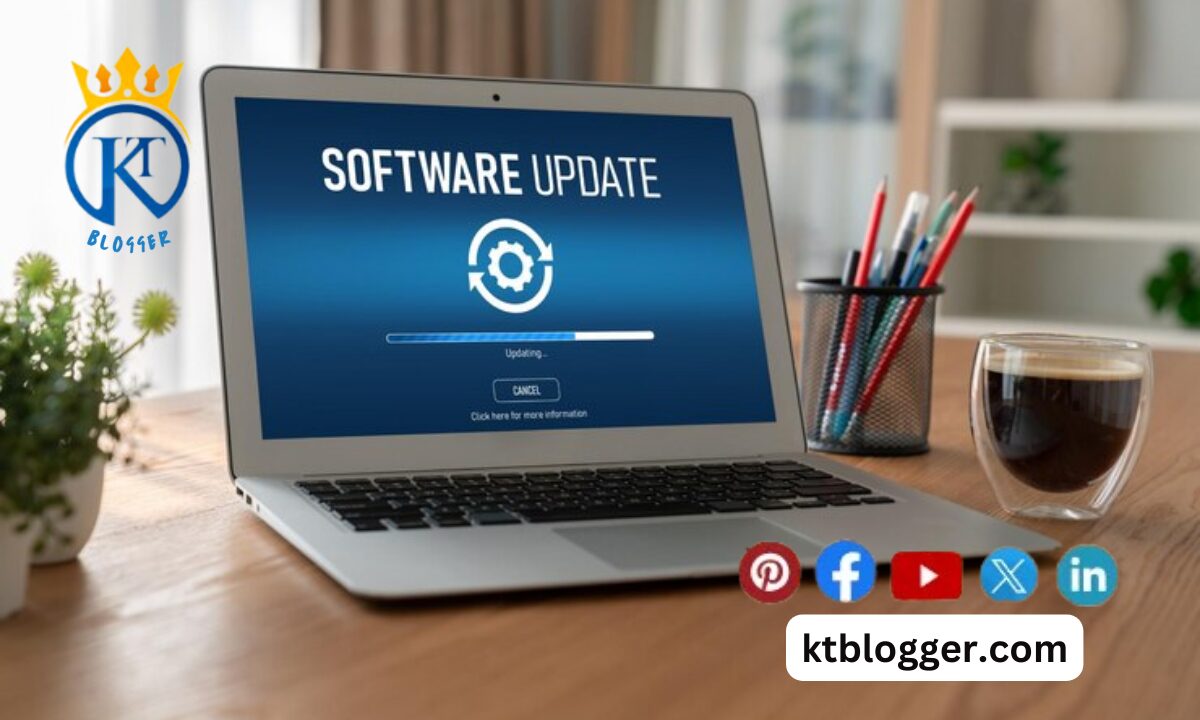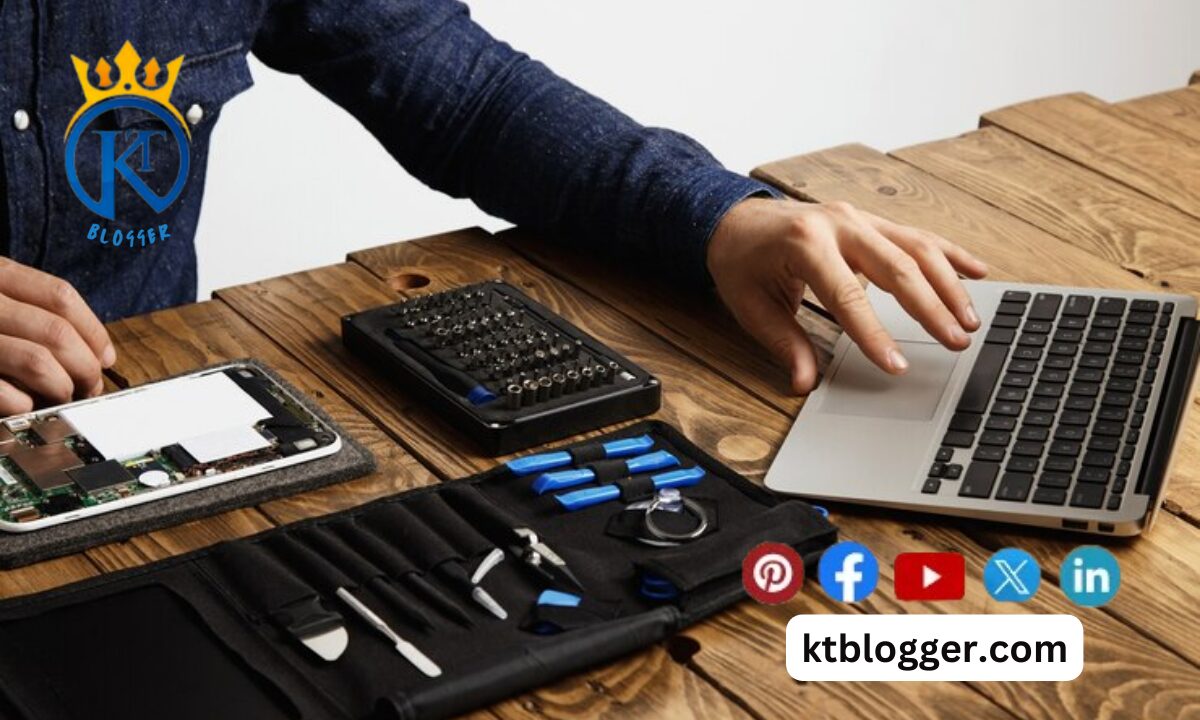Have you recently invested in a shiny new laptop only to find it moving at a snail’s pace? If you’re frustrated and scratching your head wondering, “Why is my new laptop so slow?” you’re not alone. It’s a common issue that can stem from various factors, ranging from hardware limitations to software glitches.
In this guide, I’ll explain why your laptop might be slow and give you some easy ways to speed it up. Let’s jump in and figure out what’s slowing down your laptop!
If your new laptop is running slow, there could be various reasons behind it. First, check for malware or viruses as they can significantly affect performance. Additionally, disable unnecessary startup programs and clean up storage to free up space.
Diagnosing common reasons for slow laptop performance can help troubleshoot and optimize it for speed. Following these steps can improve your laptop’s startup time and overall performance.
Content
Why is My New Laptop So Slow?
Your new laptop might be slow due to various reasons. Firstly, ensure your drivers are updated and adjust power settings. If the issue persists, consider reinstalling Windows or upgrading RAM.
Additionally, overheating can slow down laptops; consider an SSD upgrade for faster performance. If problems persist, check the warranty for possible repairs. These steps can help prevent slow laptop issues.

Here are some causes of slow performance:
1. Outdated Drivers
Imagine drivers as translators between your laptop’s hardware and software. When these translators are outdated, they can’t communicate effectively, resulting in slow performance. To fix this, regularly update your drivers. Manufacturers often release updates to optimize performance and fix bugs.
2. Bloatware
Ever noticed those pre-installed programs on your laptop that you never use? That’s bloatware. Manufacturers often load laptops with unnecessary software, hogging valuable resources and slowing down your system. It’s like carrying around a bag full of rocks you don’t need. To lighten the load, uninstall any programs you don’t use or need.
3. Insufficient RAM
Random Access Memory (RAM) is like your laptop’s short-term memory. It helps your laptop juggle multiple tasks at once. If your laptop has too little RAM, it’s like trying to juggle a dozen balls with only two hands – it’s going to be slow and clumsy. Consider upgrading your RAM for smoother multitasking and faster performance.
4. Overheating
Picture your laptop as a car engine. When it gets too hot, it starts to slow down to prevent damage. The same goes for your laptop. If it’s overheating, the processor will throttle, reducing performance. Keep your laptop cool by ensuring proper ventilation and avoiding blocking the air vents. You might also want to invest in a laptop cooling pad to help dissipate heat more efficiently.
Optimizing System Settings

1. Power Options
Your laptop’s power settings can affect its performance. By default, laptops often come set to balanced or power-saving mode to conserve energy. While this is great for battery life, it can slow down performance. Switching to high-performance mode prioritizes speed over energy savings, giving you a performance boost.
2. Startup Programs
Ever wonder why your laptop takes forever to boot up? It’s probably because of all those startup programs. These are programs that launch automatically when you start your laptop, eating up valuable resources and slowing down the boot process. To speed things up, disable unnecessary startup programs. Your laptop will thank you for it.
3. Visual Effects
Sure, those fancy animations and visual effects may look cool, but they can also bog down your system. Every time you minimize a window or open a new program, your laptop has to render those effects, which takes up precious processing power. Turning off or reducing visual effects can free up resources and make your laptop feel snappier.
4. Disk Clean-up
Over time, your laptop accumulates junk files like temporary files, cache, and old system files. These files take up valuable disk space and can slow down your system. Performing regular disk cleanup removes these unnecessary files, freeing up space and improving performance. It’s like giving your laptop a spring cleaning.
Software Solutions

1. Antivirus Scan
Malware and viruses are like unwanted guests crashing your laptop’s party. They can wreak havoc on your system, causing it to slow down or even crash. Running a thorough antivirus scan can help detect and remove these pesky intruders, restoring your laptop’s performance and security.
2. Disk Defragmentation
Think of your hard drive as a messy room. Over time, files get scattered all over the place, making it harder for your laptop to find them quickly. Disk defragmentation rearranges these files, putting them back in order and speeding up access times. It’s like tidying up your room so you can find things more easily.
3. Update Operating System
Just like your smartphone or tablet, your laptop’s operating system needs regular updates to stay healthy and perform at its best. These updates often include performance improvements, bug fixes, and security patches. By keeping your operating system up to date, you can ensure your laptop runs smoothly and securely.
Hardware Upgrades

1. SSD Upgrade
If you’re still experiencing slow performance after trying all the software tweaks, it might be time to consider a hardware upgrade. One of the best upgrades you can make is swapping out your old hard drive for a solid-state drive (SSD). SSDs are much faster than traditional hard drives, resulting in quicker boot times and snappier performance overall.
2. Additional RAM
Another hardware upgrade worth considering is adding more RAM to your laptop. This gives your laptop more breathing room to handle multiple tasks simultaneously without slowing down. It’s like upgrading from a cramped studio apartment to a spacious penthouse – you’ll have more room to stretch out and get things done.
3. Clean Dust Buildup
Over time, dust and debris can accumulate inside your laptop, blocking air vents and causing it to overheat. This can lead to throttling, where your laptop slows down to prevent damage from the heat. Regularly cleaning out dust buildup can help improve airflow and keep your laptop running cool and fast.
FAQs
Why is my new laptop running so slow?
Your new laptop might be running slow due to various reasons such as outdated drivers, bloatware, insufficient RAM, or overheating issues. These factors can impact its performance and make it feel sluggish.
How can I fix my slow laptop?
To fix your slow laptop, you can try updating your drivers, uninstalling unnecessary bloatware, upgrading your RAM, ensuring proper ventilation to prevent overheating, optimizing system settings, performing disk cleanup, running antivirus scans, defragmenting your disk, updating your operating system, and considering hardware upgrades like SSD or additional RAM.
What are startup programs, and how do they affect my laptop’s speed?
Startup programs are applications that launch automatically when you start your laptop. Having too many startup programs can slow down your laptop’s boot-up process and consume valuable resources, making it feel slower. Disabling unnecessary startup programs can help improve your laptop’s speed.
How do I optimize my laptop’s power settings?
You can optimize your laptop’s power settings by adjusting them to prioritize performance over energy savings. Switching to high-performance mode can give your laptop a performance boost by allocating more resources to speed up tasks.
Why should I consider hardware upgrades like SSD or additional RAM?
Hardware upgrades like replacing your old hard drive with a solid-state drive (SSD) or adding more RAM can significantly improve your laptop’s speed and overall performance. An SSD offers faster boot times and data access, while additional RAM provides more memory for multitasking, reducing slowdowns.
Conclusion
In conclusion, the frustration of a slow new laptop can be a thing of the past with the right knowledge and proactive measures. By understanding the various factors that contribute to sluggish performance and implementing the strategies outlined in this guide, you can breathe new life into your device and enjoy seamless computing experiences. So, the next time you find yourself asking, “Why is my new laptop so slow?” remember that with the right approach, you can unleash its full potential and make it perform like a well-oiled machine.





